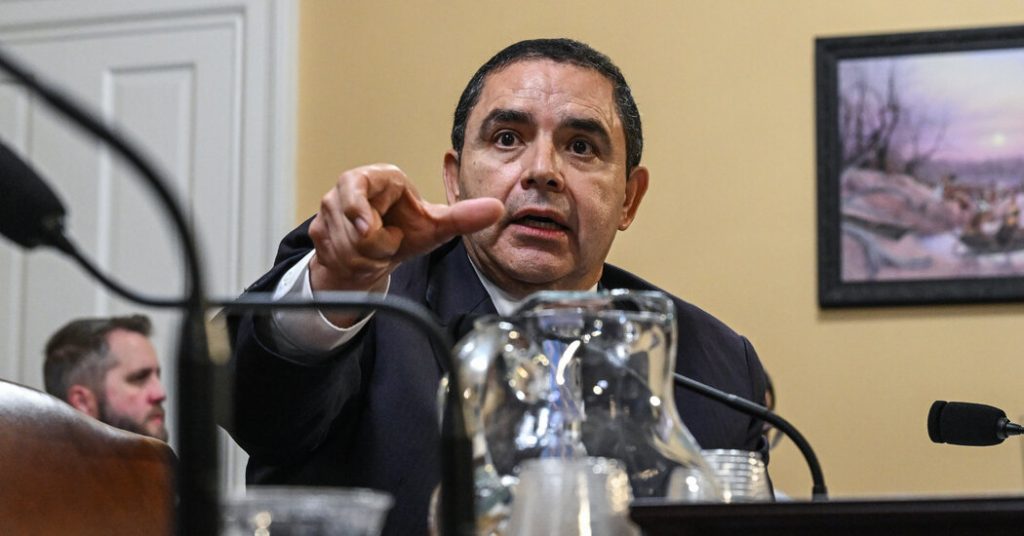The summer of 2020 saw tensions rise in the Caucasus region as Azerbaijan’s lobbyists in Washington worked to blame Armenia for a disputed territory issue and emphasize its connections to Russia. Representative Henry Cuellar, now charged with bribery and acting as a foreign agent, was found to have close ties with Azerbaijani officials. Cuellar’s family had received at least $360,000 from Azerbaijani government-controlled companies since 2014. Despite Cuellar’s legislative efforts to strip funding from Armenia due to Russian ties, the charges against him and his wife highlight the lengths foreign interests go to influence U.S. policy.
The Justice Department’s indictment of the Cuellars demonstrates efforts to curb foreign influence campaigns, with recent cases also targeting Senator Robert Menendez for accepting bribes to support governments of Egypt and Qatar. Foreign governments like Azerbaijan, Egypt, and Qatar have spent millions on lobbying in Washington to secure U.S. aid and sway opinions in disputes with neighboring countries. Azerbaijan sought support for the reintegration of Nagorno-Karabakh territory from the U.S. Congress and the repeal of a ban on aid imposed in 1992 during the first Nagorno-Karabakh war, despite facing challenges from human rights concerns.
While Azerbaijani lobbying efforts in Washington have not seen significant returns due to a lack of organized diaspora support and human rights issues, the indictment of Mr. Menendez and Mr. Cuellar provides new insight into underground influence campaigns in the city. Both lawmakers played key roles in foreign relations and appropriations committees, allowing them to aid the interests of foreign governments. The charges against them led to resignations from leadership positions, but both have vowed to contest them and continue their political careers.
The courtship of Mr. Cuellar by Azerbaijani officials was fueled by oil interests in Texas, where the state-owned company that funded payments to the Cuellars maintained a presence. Trips to Azerbaijan and payments to consulting firms run by Mr. Cuellar’s wife raised suspicions of bribery and violation of official duties. The indictment alleges that Mrs. Cuellar performed little work in exchange for payments and that Mr. Cuellar agreed to act on behalf of Azerbaijan in exchange for bribes. Despite his efforts to influence U.S. policy in favor of Azerbaijan, the impact of his actions was minimal.
Following the unsealing of the indictment, the Armenian Assembly of America called for a broader investigation into the charges against Mr. Cuellar and his ties to Azerbaijan. The case sheds light on the risks and questionable results of foreign lobbying efforts in Washington, as well as the continued challenges faced by foreign governments in shaping U.S. policy. Despite setbacks in high-profile cases, the Justice Department remains focused on clamping down on foreign influence campaigns and holding lawmakers accountable for violating foreign lobbying laws. It remains to be seen how the cases of Mr. Menendez and Mr. Cuellar will unfold and the impact on their political futures.


